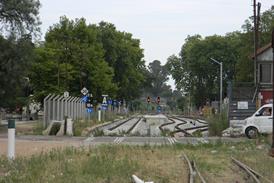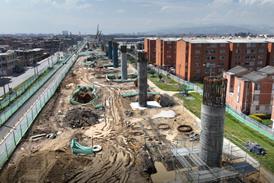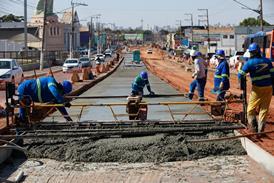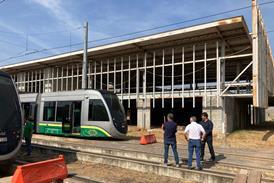on August 6 when Strategic Rail Authority Chairman Richard Bowker met Sir Richard Branson and Brian Souter, who head Virgin Group and Stagecoach with 51% and 49% stakes respectively in Virgin Rail Group, he rejected outright VRG’s best and final offer under which its CrossCountry (VCC) franchise could continue to run its full term.
Virgin’s bid was ’significantly too high to pass the value-for-money test that SRA undertakes on behalf of taxpayers’, according to the authority. Moreover, SRA intended to re-open negotiations on VRG’s InterCity West Coast (VWC) franchise next month and conclude them by December 31. The clear implication is that both franchises could be terminated and opened to competitive bidding.
Both franchises were awarded in 1997 for 15 years. By 2002, however, it was obvious that neither could continue under the original terms without unsustainable losses. A ’Letter Agreement’ was signed in July under which SRA provided more subsidy and VRG received a management fee for operating the trains within an agreed budget. Meanwhile, the two parties tried to negotiate revised terms for the remainder of the franchises that would involve vastly increased subsidies. In the year to March 31 2004, the total subsidy required by VWC and VCC was £578m. This was 28% of the £2·05bn received by all operators, although VRG only carried 13% of the 40·7 billion passenger-km.
Under the original VWC franchise, VRG had agreed to pay a premium in the final year broadly equal to British Rail’s gross revenues from these services. At the same time, it would lease a new fleet of Pendolinos and also pay higher track access charges to fund the infrastructure improvements necessary to operate them at 225 km/h with tilt.
On VCC the game plan was similar: new trains running faster at higher frequencies would boost traffic and thus revenue, eliminating subsidies by 2012. But the replacement of loco-hauled trains and seven-car IC125 trainsets by four- and five-car high performance Voyager DEMUs without gangways between sets has restricted capacity and driven up operating costs.
Meanwhile, infrastructure costs as a whole exploded after the Hatfield derailment in 2000 and are still far higher than they were in 1997. Franchisees are indemnified by SRA against higher track access charges, but from the government’s viewpoint, subsidy per passenger-km has increased across the board.
Note that during two years of negotiation Bowker has not elected to throw either franchise open to competitive bidding. Now the agenda has changed, and we can expect the Department for Transport to set limits on subsidy per passenger-km and call bids on that basis, even if it means dismantling the CrossCountry network and using some of the Voyagers to replace 25-year-old IC125s on other lines. n




















